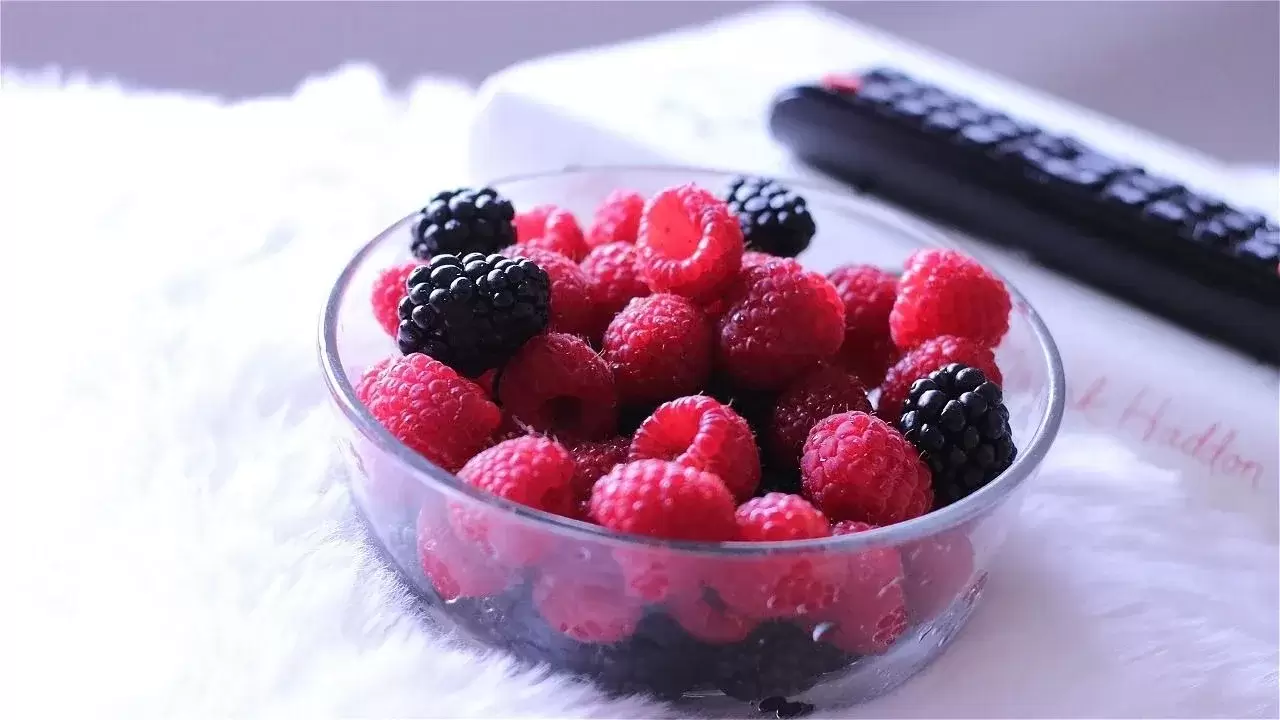
Halliwell and Gutteridge defined "antioxidants" in 1995. They refer to a group of plant substances that can inhibit or prevent damage to human cells and tissues.
The role of antioxidants is to minimize cell and tissue damage typical of existing metabolic processes.
- Antioxidants are divided into several groups.
- The food industry uses artificial antioxidants to preserve food. Studies indicate potential damage to synthetic antioxidants.
Oxidation reactions produce free radicals (toxins) that can start multiple chain reactions that eventually cause cell damage or death.
- Antioxidants remove these free radicals by oxidizing them or inhibiting other oxidative reactions. Thus, harmful chain reactions are prevented.
- Due to the lack of appropriate nutrition and exercise, air pollution, smoking, etc., oxidative stress is integral to many human diseases, leading to lethal diseases such as cancer. Therefore, antioxidants must be included in your diet.
Synthetically produced antioxidants are currently used in the food industry to prolong product shelf life; there is a trend to consume ample, available, efficient natural antioxidants to minimize cell damage.
There are two major groups of antioxidants in living cells:
-
- Enzymatic antioxidants.
- Non-enzymatic antioxidants.
Many antioxidants are available in supplements that promise miracles. However, they are always inferior to natural foods containing potent antioxidants, such as berries (all kinds). Regular consumption of natural antioxidants boosts the immune system.
Glutathione - Essential antioxidant at the cellular level. (Often ignored.)

